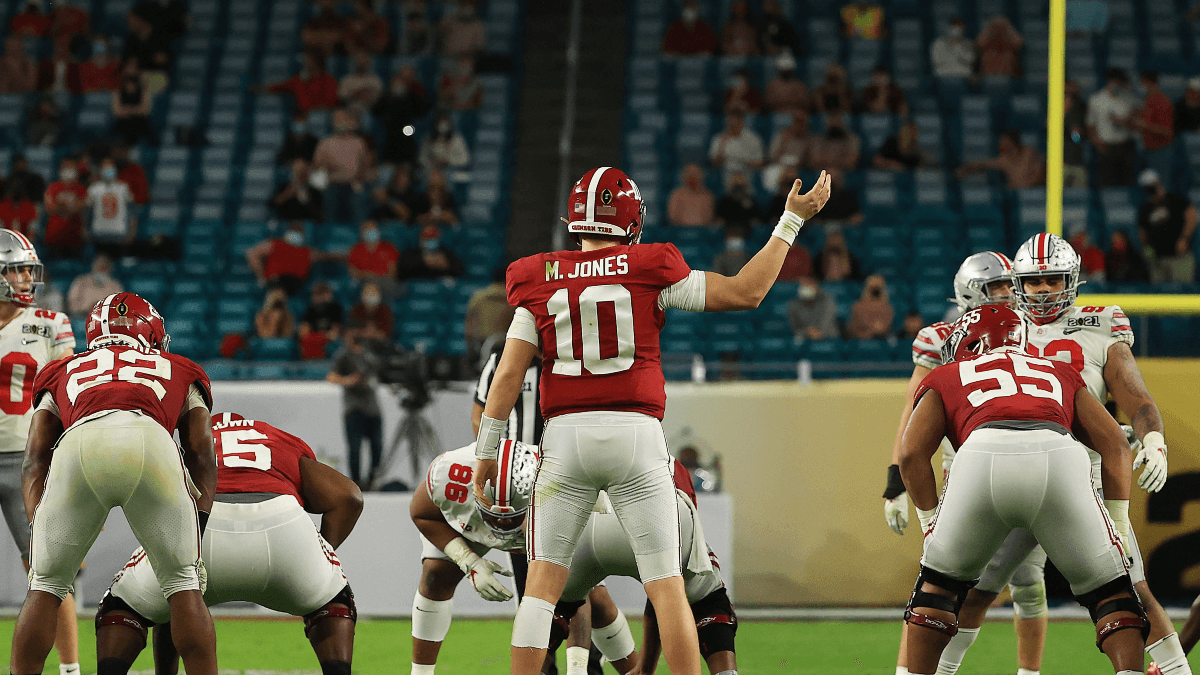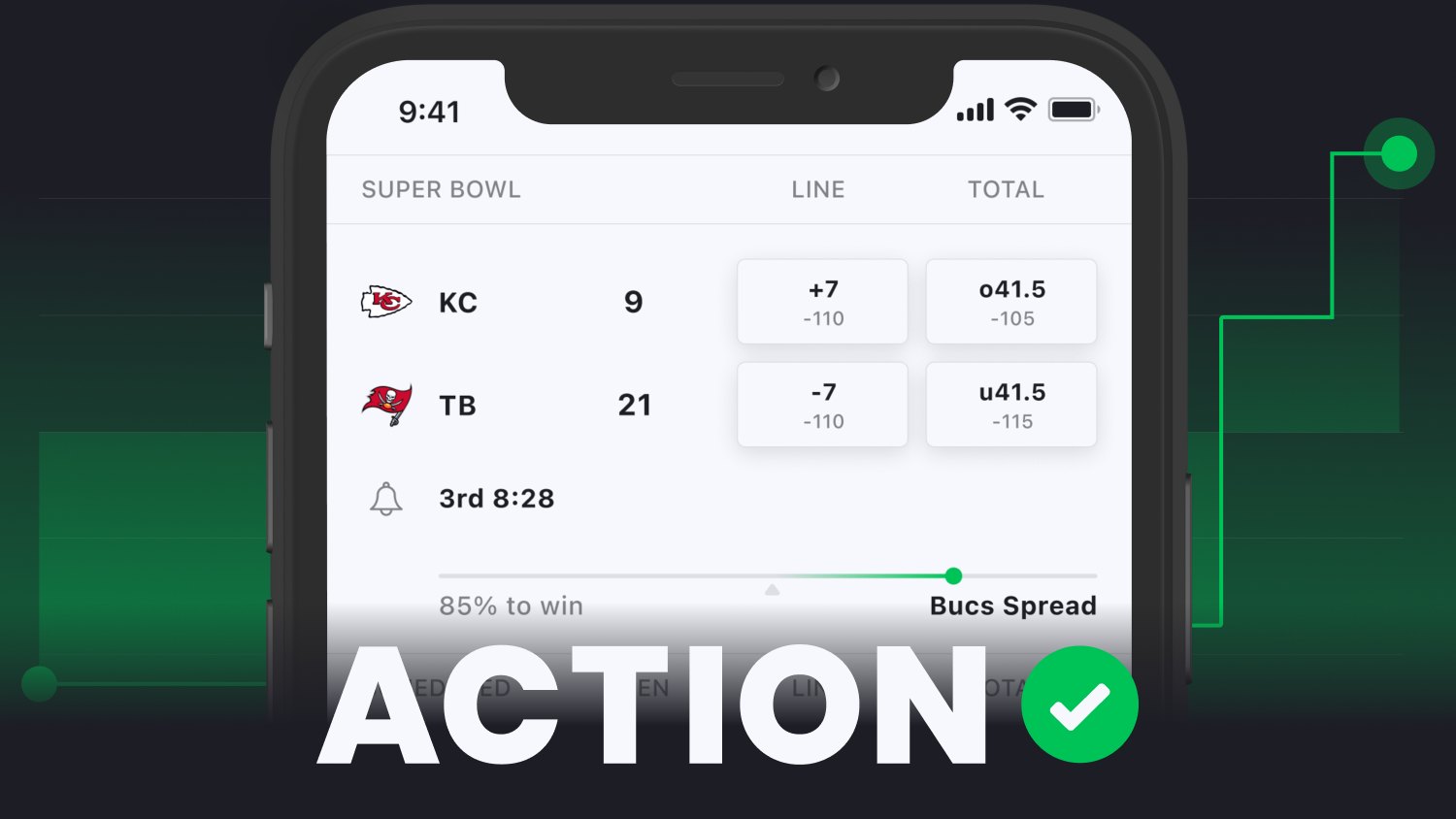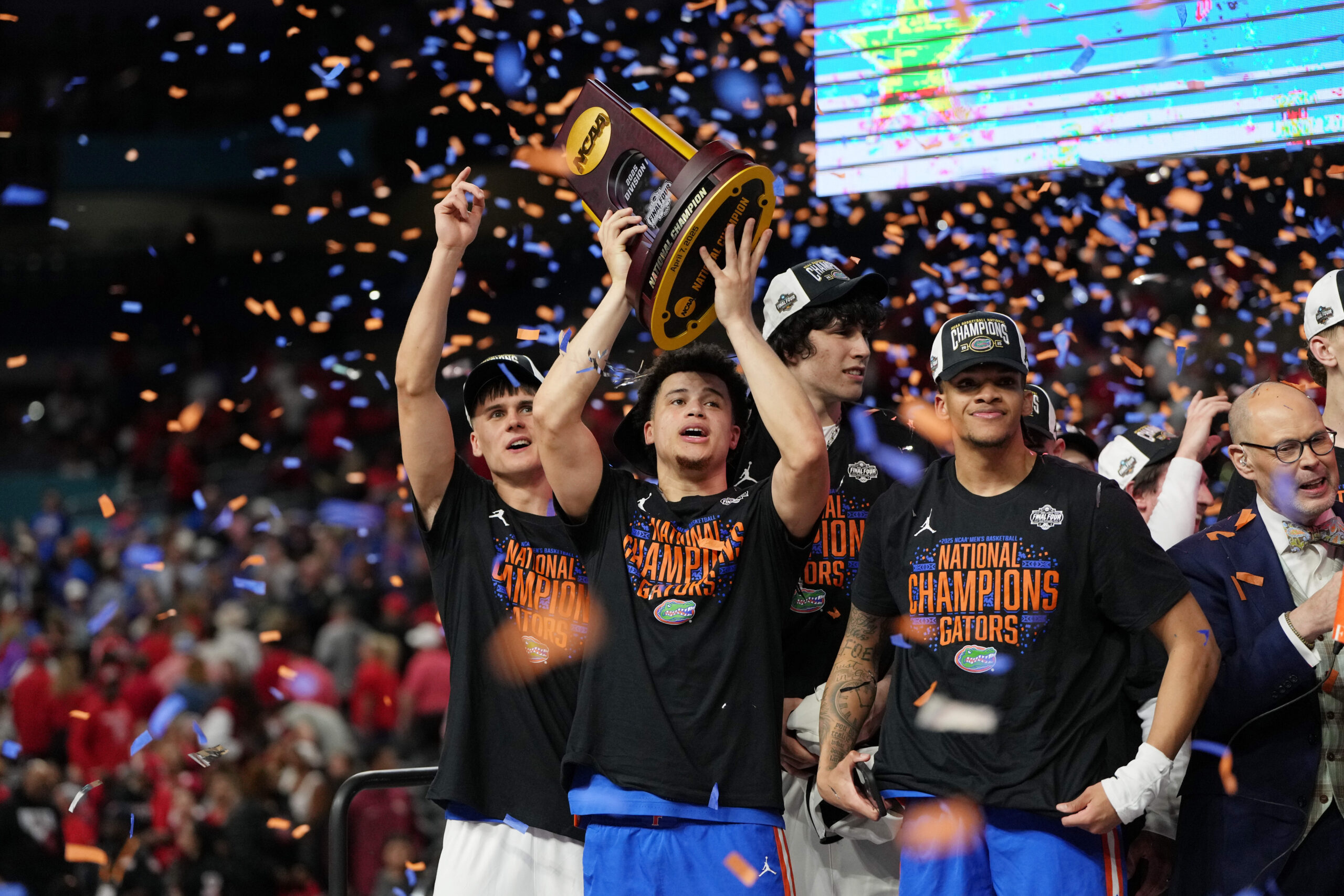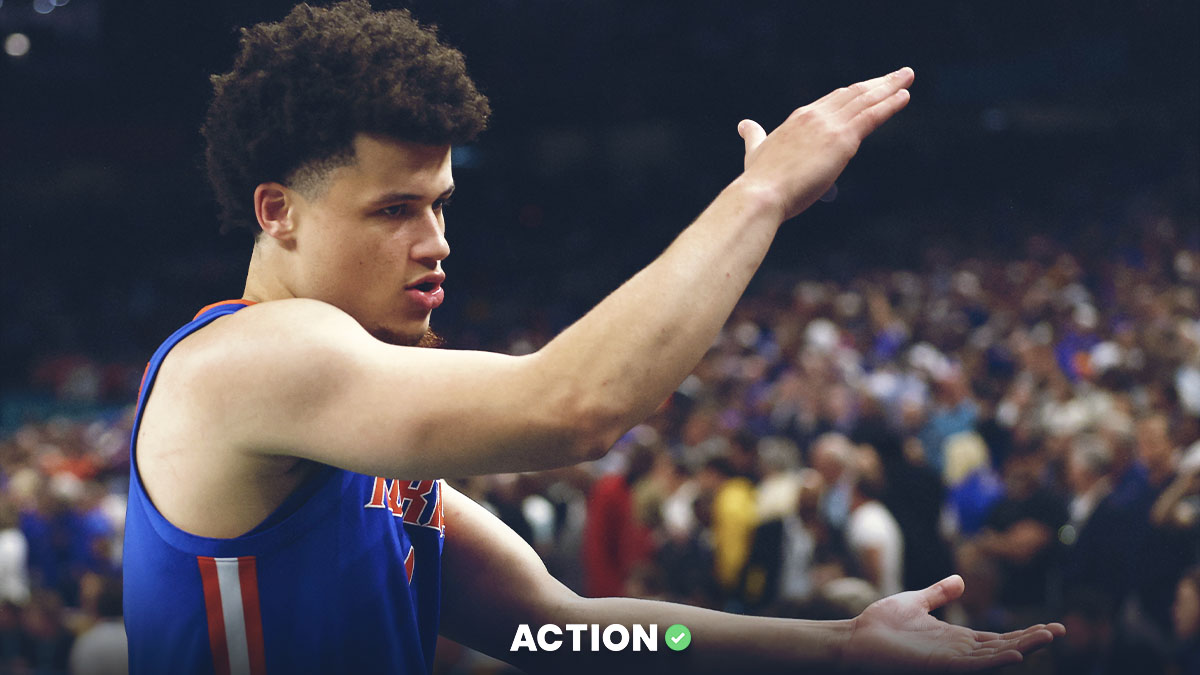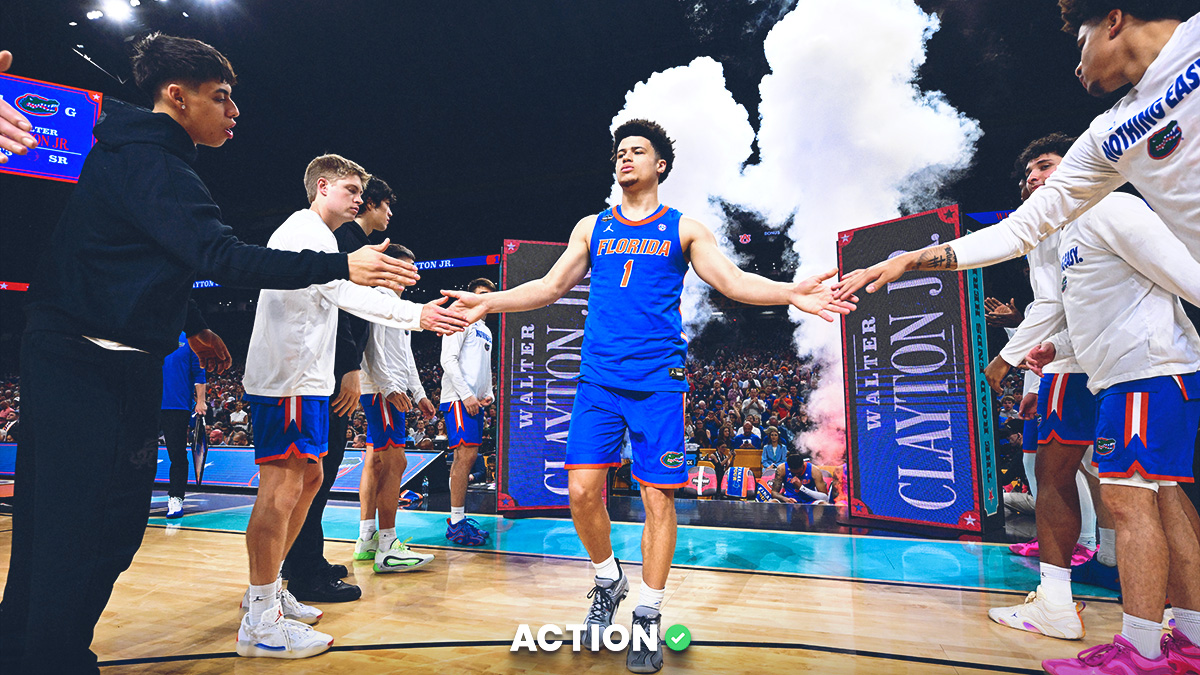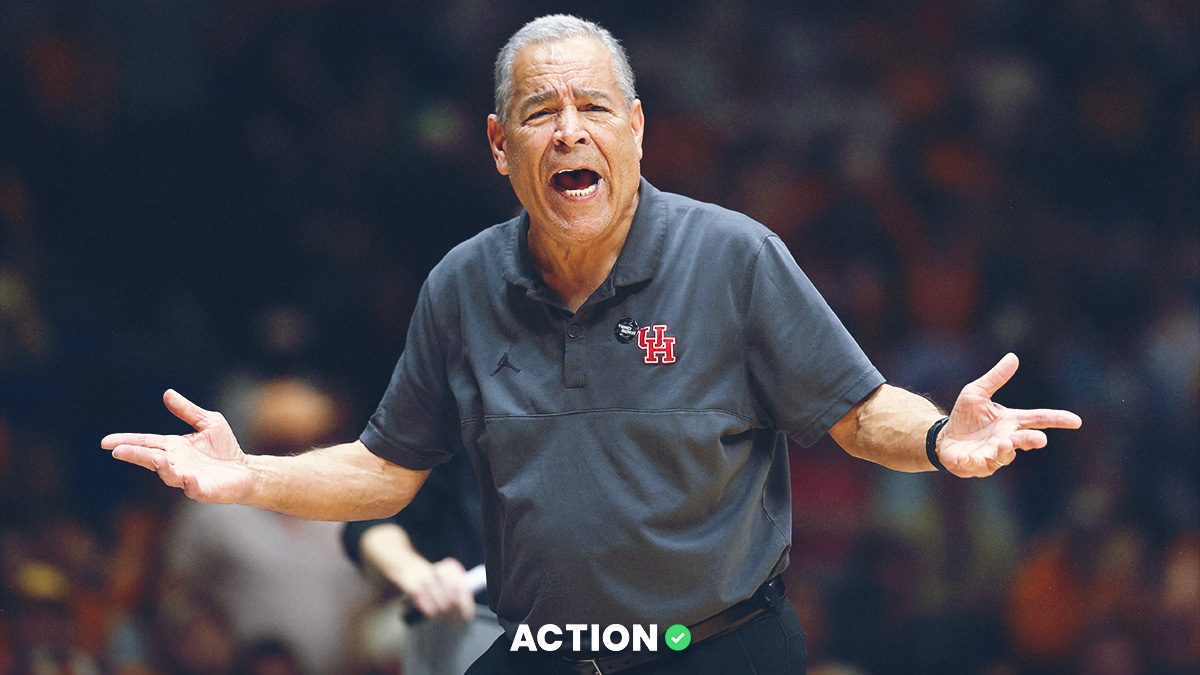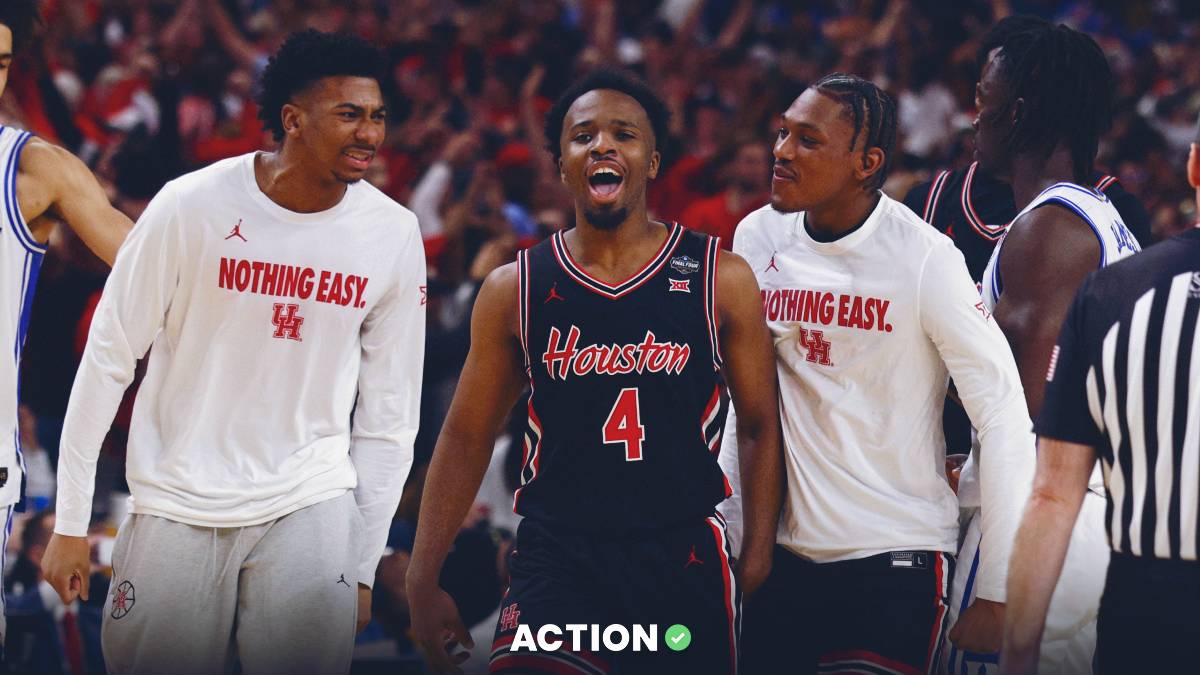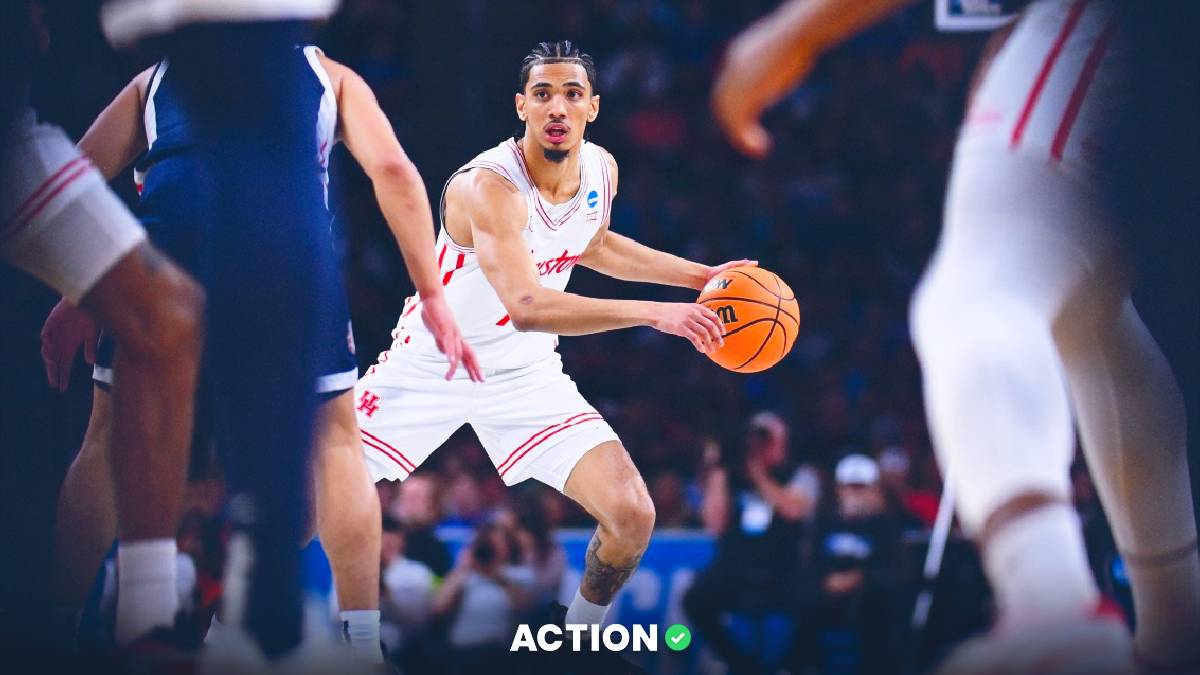For years, the NCAA has successfully argued against defending its amateur model that flies in the face of the definition of monopoly and unfair restriction of compensation.
Lack of success on the student-athlete side was most notable when Ed O’Bannon was the face of a class action lawsuit that in 2016 failed to get audience with the Supreme Court. Fans then blamed O’Bannon for ruining the ability to have a college sports video game.
But over the past couple years, the model was successfully attacked.
Most notably, states have gone above the NCAA by allowing athletes to capitalize on Name, Image and Likeness. As of now, six states will kick laws on NIL into place on July 1. Some compliance departments of schools in many states that won’t legally make it a law are, according to many sources, telling their athletes to just go ahead and make above-board deals as if their state allows it.
Then came the Supreme Court’s decision to take on NCAA v. Alston, which argued for athletes to be able to be make money or be reimbursed for standard opportunities related to academics, like internships or further education.
On Monday, the opinion was released: The court decided in a 9-0 vote that the NCAA’s rules do in fact “depress compensation for at least some student-athletes below what a competitive market would yield.”
The decision is a big one. At the highest level, it says that the NCAA cannot restrict compensation under the guise of education. The NCAA initially argued that the restraint was allowed because its member schools are not businesses, but rather “institutions that exist to further the societally important noncommercial objective of undergraduate education.”
In writing his opinion, Associate Justice Brett Kavanaugh wrote: “Price fixing labor is price fixing labor. And price fixing is ordinarily a textbook antitrust problem because it extinguishes the free market in which individuals can otherwise obtain fair compensation for their work…Everyone agrees that the NCAA can require student athletes to be enrolled students with good standing. But the NCAA’s business model of using unpaid student athletes to generate billions of dollar sin revenue for the colleges raises serious questions under the antitrust laws.”
There is, of course, much to solve.
Kavanaugh admits that while a more free labor system should be allowed, he and the court don’t know how. Can a school pay one player more than another on the same team? How will non-revenue sports survive, assuming the contribution that came from revenue sports would go to athletes? How does it affect Title IX?
No, you won’t see Florida offering $100,000 to a kid tomorrow. But the truth is that the NCAA has a lot less to stand on this week than they did last week. Especially in regards to name, image and likeness.
“Even though the decision does not directly address name, image and likeness, the NCAA remains committed to supporting NIL benefits for student-athletes,” said NCAA President Mark Emmert said in a statement. “Additionally, we remain committed to working with Congress to chart a path forward, which is a point the Supreme Court expressly stated in its ruling.”
Yes, rules will have to be established, even though it could start out as the Wild West come July 1, but opportunities that they had thought they could restrict in the past won’t be as easy to do.
The top court in the nation has said its piece with a unanimous decision. And on June 21, 2021, some student-athletes became athlete-students.


